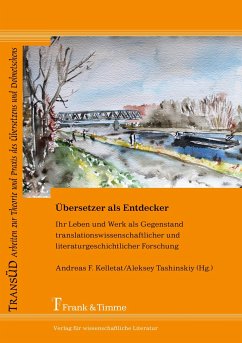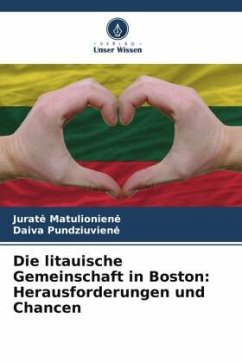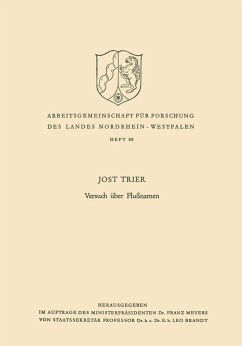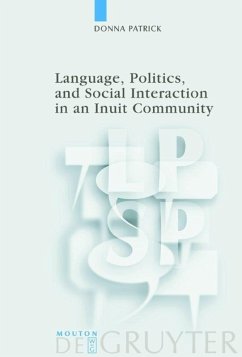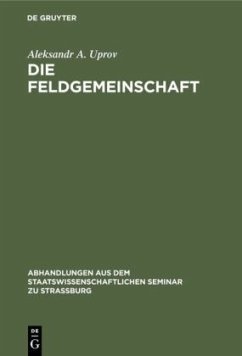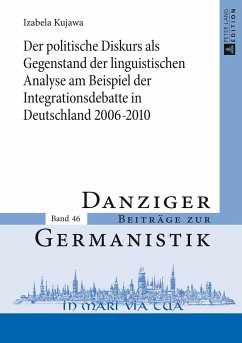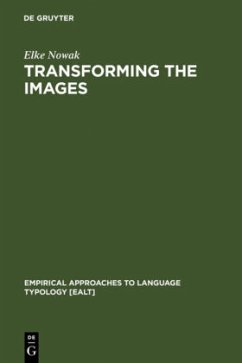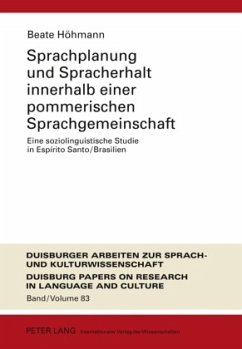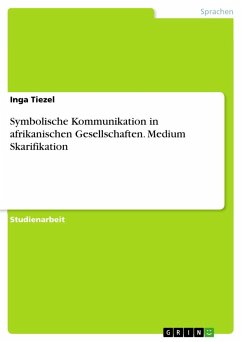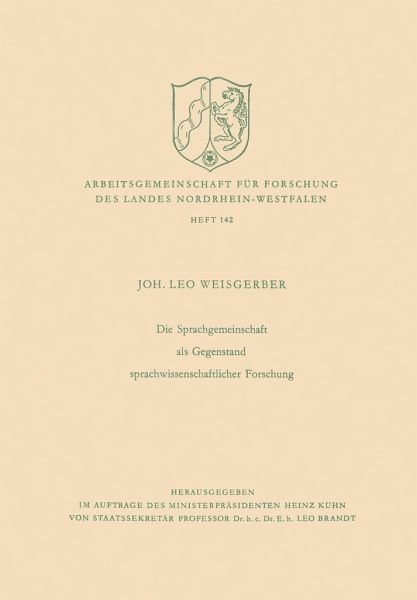
Die Sprachgemeinschaft als Gegenstand sprachwissenschaftlicher Forschung

PAYBACK Punkte
0 °P sammeln!
The author proceeds from the assumption that every language is basically a process of linguistic activity in a language-community. Therefore linguistic research must be aware of two different aspects: the historical phenomenon of a language and the underlying socio-linguistic activity in the language community. Linguistic science and sociology have to cooperate in exploring these general conditions. Linguistic science can contribute to this task in three different ways: 1. by the interpretation of the 'law of the language-community', i. e. the fact that mankind is by nature and with historical...
The author proceeds from the assumption that every language is basically a process of linguistic activity in a language-community. Therefore linguistic research must be aware of two different aspects: the historical phenomenon of a language and the underlying socio-linguistic activity in the language community. Linguistic science and sociology have to cooperate in exploring these general conditions. Linguistic science can contribute to this task in three different ways: 1. by the interpretation of the 'law of the language-community', i. e. the fact that mankind is by nature and with historical and geographical continuity divided into language-communities. 2. by the analysis of the language-process whose essence is the fact that a language-community 'words the world' (wortet die Welt) in the course of the millenia, i. e. that, by means of its entire language-ability, it transforms the realities of life into language consciousness. 3. by the investigation of the role which a language-community plays in socio historical-culturallife (demonstrated by the delimitation of the concepts of Germ. Nation, Volk, Sprachgemeinschaft).





